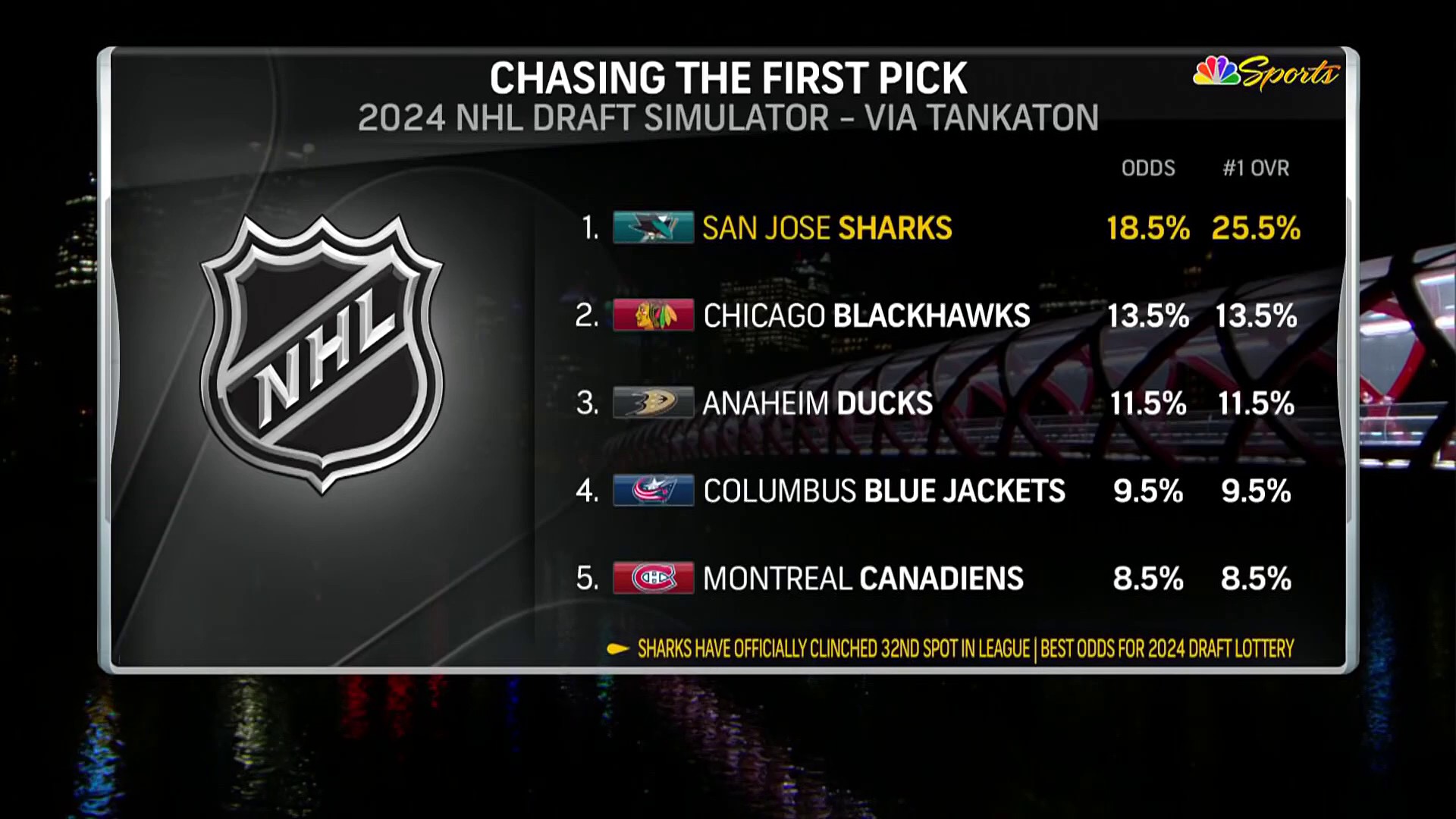
In Sunday's loss to the Columbus Blue Jackets, the Sharks continued a recent bad habit.
They allowed the first goal for the third consecutive game, and the fifth time in their last six. San Jose is just 2-3 in those games after failing to score first, and 13-15-6 on the season when they're the first team to give up a goal.
The team's struggles in this area seemingly prove one of the sport's longest-held truths, that of the all-important first goal. Teams that score first, after all, tend to win about two-thirds of the time.
Stay in the game with the latest updates on your beloved Bay Area and California sports teams! Sign up here for our All Access Daily newsletter.
So it would make sense to chalk up San Jose's recent run to that, right? Not exactly.
In 2013, Eric Tulsky, now the Carolina Hurricanes' Manager of Analytics, wrote for SB Nation that teams who score the second goal also win about two-thirds of the time, as do teams that score the third goal. Why? Because, on the whole, winning teams score on about two-thirds of the goals.
Tulsky explained:
Suppose a team wins a game 4-2. They scored 67 percent of the goals. If no goal is any more important than any other, the odds that they scored the first goal will be 67 percent. The odds that they scored the second goal will be 67 percent. And the odds that they scored the third goal will be 67 percent.
San Jose Sharks
Hockey-Graphs' Garret Hohl expanded on the conditional probability of scoring first in a Hockey-Graphs piece in 2016. He noted that the value of scoring the second goal is independent from scoring the first, and scoring the third is independent of scoring the second, and so on.
In other words, the problem against the Blue Jackets on Sunday was not necessarily that the Sharks gave up the first goal, although that's never ideal. Instead, it mattered far more that the Sharks gave up the first and the second (and the third, trailing 3-0 midway through the second period).
We've seen that play out all season, as San Jose's only won two of the 15 games in which it's allowed the first two goals. That's a little worse than expected, as Hohl found that teams that did not score first and second only win 20 percent of the time.
In three of the Sharks' last four losses, including on Sunday, they've given up the game's first two goals. Falling behind by two, as opposed to falling behind first, is the far more worrisome habit.


